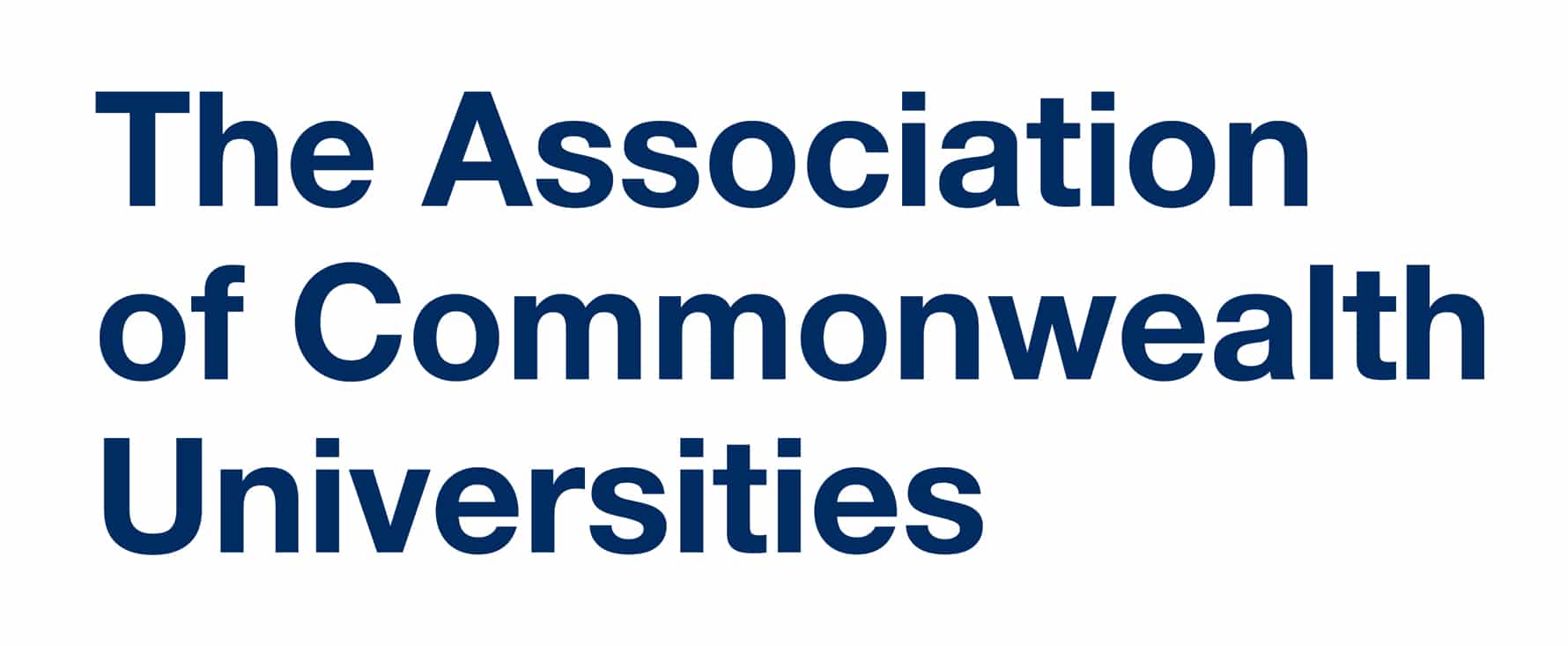You must have heard that Germany offers free education to international students but that’s not about all there is to study in Germany. Although you can study in Germany for free it doesn’t apply to all kinds of degrees, e.g MBA. So, you may still need to budget for tuition fees, as well as the cost of living in Germany. Also, you have to understand how to apply for the German Student Visa to study in Germany.
You will receive full information on all this in this post if you keep reading.
About Studying in Germany
Germany offers a great opportunity for good quality education. Apart from a good education, Universities in Germany offer tuition-free education.
Compared to other European countries, the cost of living in Germany is quite reasonable. The prices for food, accommodation, clothing, cultural events, etc. are basically in line with the EU average. You will need around 850 euros a month to cover your living expenses. The largest expense is your monthly rent.
Students require around 850 euros per month to cover the cost of living in Germany. In large cities, costs can vary considerably depending on where you live.
You should plan on spending more on living and studying in Munich than in Leipzig, for example.
Cost of Living in Germany
Compared to other European countries, the cost of living in Germany is quite reasonable. Prices of food, housing, clothing, cultural events, etc. are basically in line with the EU average. You will need around 850 euros per month to cover your subsistence expenses. The biggest expense is your monthly rent.
You should expect to pay the following fees during your stay in Germany:
- living expenses (rent, food, clothing, books, telephone, …)
- semiannual contribution
- health insurance
- possible tuition fees
Students need around 850 euros per month to cover the cost of living in Germany. In large cities, the costs can vary considerably depending on the place of residence.
For example, you should plan to spend more to live and study in Munich than in Leipzig. In general, students can live with less money in small cities than in larger ones. Of course, the amount you will need will ultimately depend on your financial situation.
The rent of the apartment includes most of the monthly expenses. However, rental prices in Germany vary considerably. Depending on the location of your university, you will pay between 210 and 360 euros per month per accommodation.
Rental prices in some major cities, such as Cologne, Munich, Hamburg, Düsseldorf, and Frankfurt am Main, are much higher in comparison.
If you want to live with little money, it may be advisable to take a room in a student residence or a shared flat (WG).
Students are eligible for any price reductions. By presenting your student card at the ticket office, you can benefit from discounts on admission fees to theaters, museums, opera houses, cinemas, public swimming pools, and other cultural venues.
Tuition Fees in Germany
The majority of higher education institutions in Germany are financed by the state. As a rule, fees do not apply to Bachelor’s courses or to most Master’s courses offered at state higher education institutions.
Study fees may apply to specific continuing education Master’s programs, which are not, however, particularly high when compared with other countries. Higher fees may be charged for studies completed at private higher education institutions.
However, the Federal State of Baden-Wuerttemberg has decided to charge non-EU citizens study fees amounting to €1,500 per semester for study courses (Bachelor’s, Master’s, Diplom, state examination) with effect from the winter semester 2024/2024.
Doctoral students are not affected by these fees. Students who have already embarked on their studies in Baden-Wuerttemberg but who will not have completed their courses by the WS 2024/22 will not be subject to the above-mentioned fees.
Courses such as Medicine, Law, Humanities, Engineering, and other courses are been offered at about 300 Universities in Germany. Most courses are taught in German with a few taught in English.
| Rent and utilities | € 323 |
| Food and drink | € 168 |
| Clothing | € 42 |
| Learning materials | € 20 |
| Car and public transportation | € 94 |
| Health insurance, medical costs, medicine | € 80 |
| Telephone, internet, TV | € 31 |
| Recreation, culture, sports | € 61 |
| Total | €819 |
Requirements to Study in Germany at Undergraduate and Postgraduate Level
Undergraduate Requirements
- English/German language proficiency result
- Birth certificate
- Medical certificate showing how healthy an applicant is
- O level results and transcripts showing grades
- A valid international passport
PostGraduate Requirements
- English/German language proficiency result
- Birth certificate
- Medical certificate showing how healthy an applicant is
- A valid international passport
- Result of degree
- The transcript that shows all courses taken by the student with their grades as well as a degree result
- Should provide two reference letters
- Statement of purpose and or research work
How to Apply To Study Free in Germany
Once a University with the preferred course has been found through searching the internet an application can be done. German Universities receive both paper-based and online applications, although Universities most times prefer online applications as it is a much easier way to apply and receive documents.
The online application includes opening an account on the website of the University and filling the forms and submitting it. Paper applications involve making photocopies and notarize all documents and send them along with the downloaded application forms to the admission office.
How to get a Germany Student VISA to Study Free
One important aspect of schooling abroad is a student visa. The school will provide an invitation letter after applying which will be needed when applying for a student visa.
The applicant will go to the embassy in their home country with documents such as results, health insurance, passport photographs, International passport, and others. When this is done the applicant will be told when to come for an interview.
It is important to note that applicants will have to open a German block account of 7000 Euros before the visa can be obtained. Applicants should not be bothered as the embassy will guide them on the procedure in doing it.
HERE ARE SOME TOP UNIVERSITIES IN GERMANY
- Fachhochschule Konstanz
- Frankfurt University
- Free University of Berlin
- University of Hamburg
- Hamburg Media School
- Humboldt-university, Berlin
- University of Bamberg
- University of Dortmund
- International University, Bremen
- International University in Germany
- Fachhochschule Furtwangen
- University of Augsburg
- University of Flensburg
- Aachen University of Technology
- Fachhochschule Hannover
- Fachhochschule Jena
- Duisburg Technical University
- European Management School Mainz
- Fachhochschule Erfurt
- Fachhochschule Koblenz
WE ALSO RECOMMEND:
- Germany Tuition Free Universities and Scholarships for International Students
- Free study in Germany: tips on how to apply for admission and visa
- The Hebei University of Technology Scholarships for International Students in China
- Full List of winners of Erasmus Mundus Scholarship in Bangladesh(61 students)
- Fully Funded Top 50 scholarships For national and international students to study in Japan
- STUDY IN CANADA: Looking for a Good University and College in Canada-Factors to Consider
- Fully Funded Fellowship Program For Sub Saharan Africans in Germany
Does this article meet your immediate needs? if yes, leave us with a 5-star rating in the Review Box below. if no, leave a response on the comment box to express your concern or ask a question and we will get back to you as soon as possible.
Regards,
World Scholarship Forum
DISCLOSURE: This post may contain affiliate links, meaning when you click the links and make a purchase, we receive a commission.






Comments are closed.